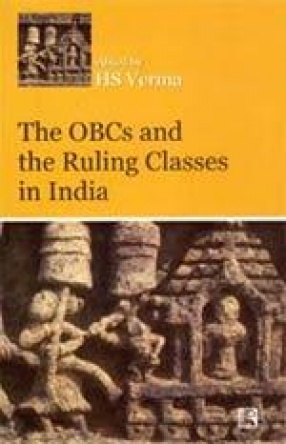
H.S. Verma

Showing all 7 books

Despite the fact that the OBCs constitute the largest chunk of the Indian society, they are the single most neglected social-constitutional category. This is the first book that attempts to empirically answer crucial questions about their present status and treatment of the OBC problematic by different fractions of the ruling coalition. It is divided into four parts. The first part deals with their composition and characteristics. The second part analyzes the ...
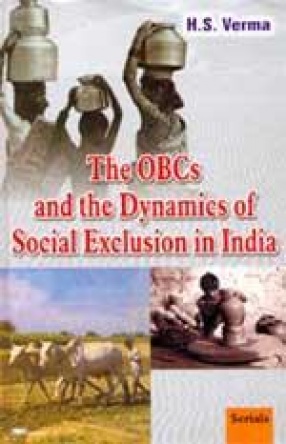
There is an inverse relationship between the conditions of the OBCs in India and the dominance of the ruling classes. The latter have consequently deployed counterstrategies to contain the formation, consolidation and assertion of the OBC identity and clout to retain power and dominance. These are a deft mixture of national ‘inclusion’ of the OBCs in the power structures to a crude denial of their due share in different spheres. Therefore, despite ...

Research on the OBCs in India is a very neglected field. This is first high quality book that presents 14 original case studies of the journey traversed by single Indian OBC communities during the 58 years of post-independence period. Each case study is analyzed by a scholar who has carried out detailed ethnographic field work, possesses incisive insight, and has written authoritatively on the nature of change registered by the selected OBC community. These case ...
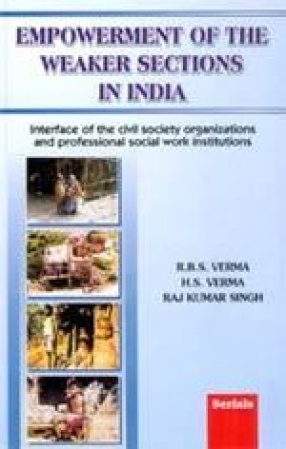
Outcome of the written contributions and deliberations of a national seminar, this is perhaps the most outstanding book on the theme of empowerment of the weaker sections in India. Organized in three sections, it provides authoritative treatment of the concept of empowerment and its relationship with the profession of Social Work, characteristics, concerns and contributions of the civil society organizations, and the commitment and response from the government ...
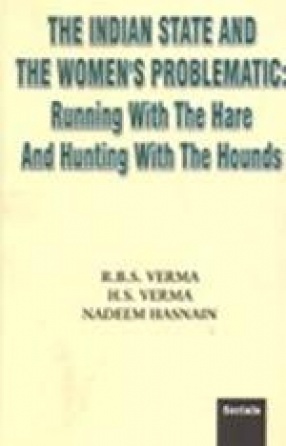
This collection of essays grew out of dissatisfaction with the tone and tenor of public discourse on the women's problematic in India, in particular by the feminists leading the women's movement. While this long drawn out debate has been critical of society and the state in general and entrenched culture of patriarchy in particular, it has not directly addressed the basic question: how have some sections of the women's movement itself collaborated with the ...
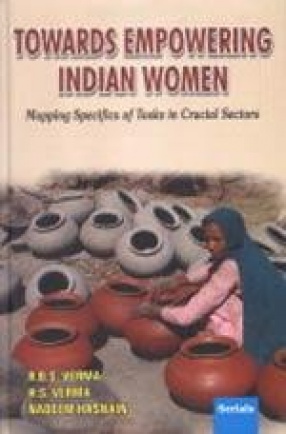
Tremendous changes have been recorded in the nature and intensity of the problems now being encountered by different segments of women in different socio-economic-cultural locales of the country. A paradigm shift is therefore needed in the approach and methodology empowering them. A vital pre-requisite to do so is to map out the transformed empowerment tasks. However, this is what is lacking in most exercises attempting situation analysis, identification of the ...
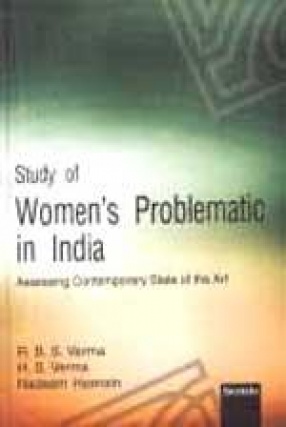
This collection of 21 papers is third volume in the three volume series on women's empowerment in India. Contributors include some of the best names in women's studies. This volume assesses the contemporary state of the art of study of women's problematic in India. This assessment is arranged on ten major themes: disaggregating women as a category; women's specific problems; health; education; women, work and workplace; women in new work areas; treatment of the ...
